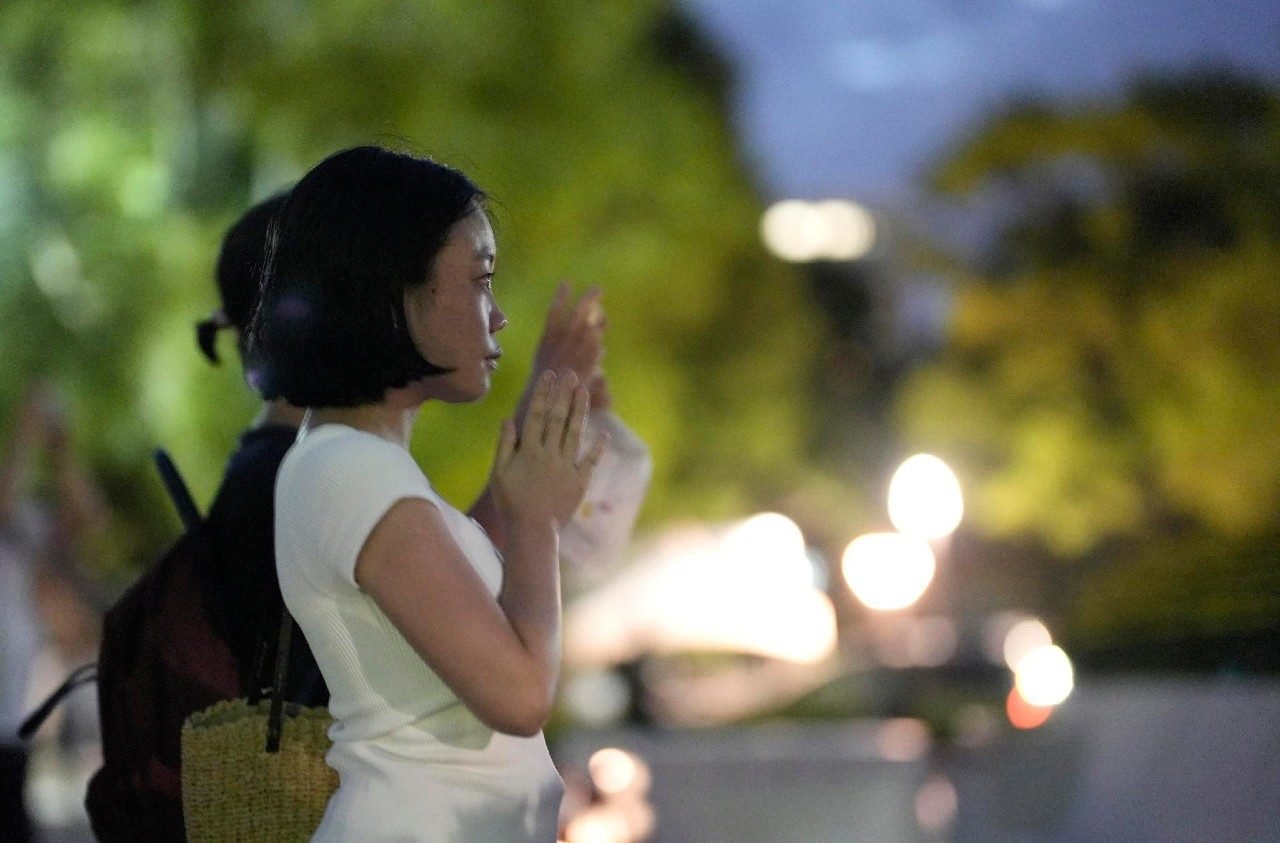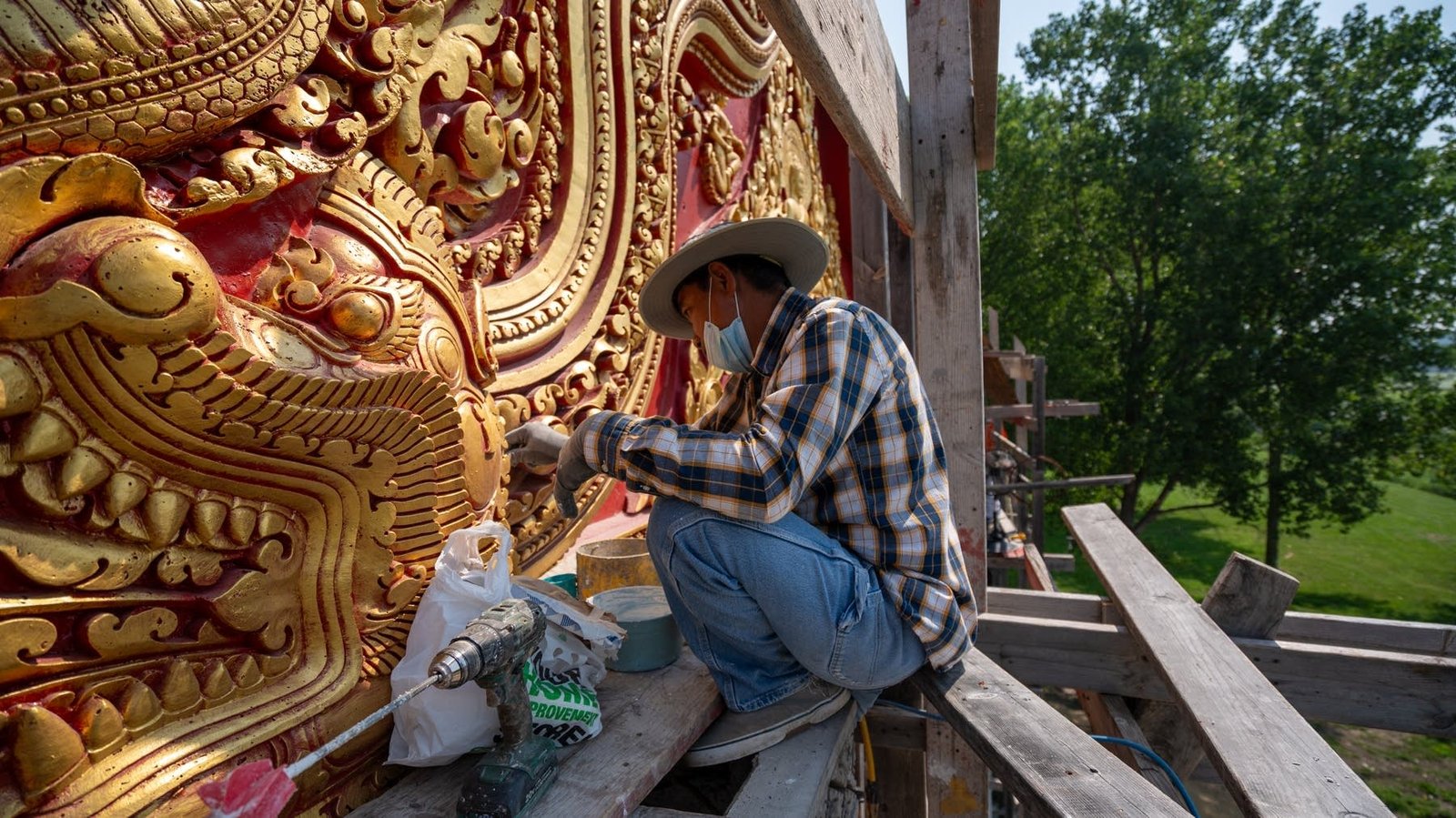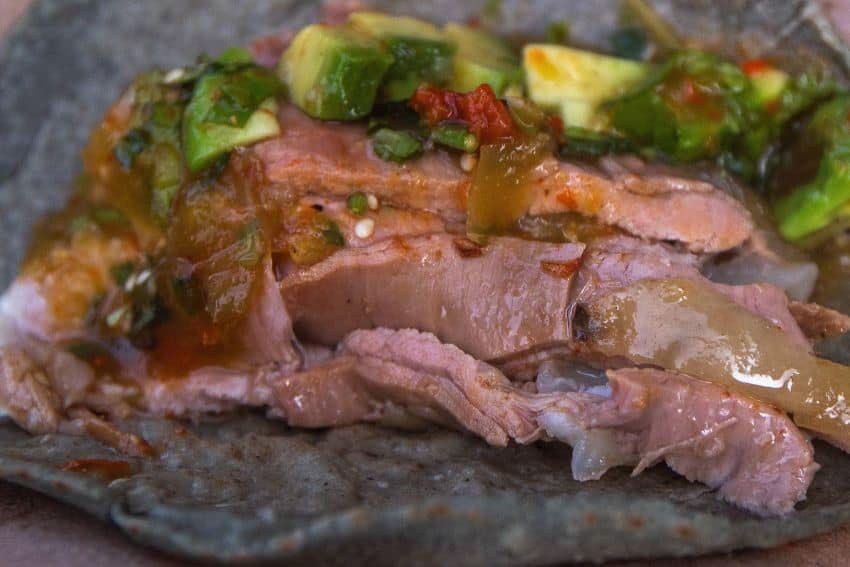In Hiroshima, on the 80th anniversary of the atomic bombing, Cardinal Blase Cupich presides over Mass for peace on the Feast of the Transfiguration. In his homily, he echoes Pope Francis’ call to remember, journey together, and protect one another, urging the global community to reject division and choose the path of peace.
By Linda Bordoni
Marking the 80th anniversary of the atomic bombings of Hiroshima and Nagasaki, Cardinal Blase Cupich is in Japan with other Church leaders on a “Pilgrimage of Peace” highlighting and upholding the Church’s commitment to nonviolence and the abolition of nuclear weapons.
Presiding over Mass for Peace on the Feast of the Transfiguration, the Archbishop of Chicago delivered his homily in Hiroshima, the very city where, on 6 August 1945, the world first witnessed the devastating force of nuclear war.
In his homily, Cardinal Cupich recalled how the light of the Transfiguration, a moment of divine revelation, was eclipsed by another, more terrifying light: the flash of the atomic bomb.
“On Tabor, light revealed our calling to share eternally in divine glory as sons and daughters of the Father,” he said. “In Hiroshima, light brought unimaginable destruction, darkness and death.”
Human capacity for destruction
The cardinal described the stark contrast between the two events as a call to conscience for all humanity.
“With chilling clarity, we are forced on this day to acknowledge the capacity for destruction that lies within our human hearts,” he warned, linking the chain reaction of nuclear fission to the societal dangers of division, resentment, and hatred.
“Physicists tell us that the blast occurs when a neutron divides the nucleus of an atom… The same is true when we sow division, stoking impulses of anger, resentment, and bigotry. These unchecked emotions spiral out of control, creating a destructive chain reaction that blinds us to the vision God has always wanted for us,” he said.
To remember, to journey together, to protect
During the Mass, Cardinal Cupich recalled Pope Francis’ visit to Hiroshima in 2019, when he laid out three moral imperatives to sustain peace: to remember, to journey together, and to protect.
Taking up those imperatives, he wove them into the Gospel narrative of the Transfiguration.
“Remembering must involve ensuring that present and future generations never forget what happened here,” he said, honouring the Hibakusha, the survivors of the atomic bombing who have worked for decades as “agents and instruments of peace.”
He also highlighted the Christian call to “journey together,” drawing from synodal experience to highlight the power of listening, dialogue, and shared responsibility: “Putting aside selfish pursuits, nationalism, clashing rivalries and divided loyalties… we instead take each step together, making sure no one is left behind or overlooked.”
The third imperative – protection – was framed not as political policy, but as a spiritual act. Reflecting on the Gospel account, Cardinal Cupich noted that when the disciples were overwhelmed with fear, they were enveloped in the cloud of God’s presence.
“This divine protecting presence is the source of our hope,” he said. “A hope that empowers us to sustain the vision of God and pursue the path to peace.”
Appeal for solidarity
As the world continues to face global instability, war, and the threat of nuclear proliferation, the cardinal called on believers and leaders alike to transform human ingenuity from destruction toward solidarity.
“On this day, 80 years ago, the world witnessed the alarming misuse of human ingenuity that brought about inconceivable destruction,” he said. “So this morning, we are called to sustain and make our own the vision God has always had for us… by creating new paths towards a lasting peace.”





